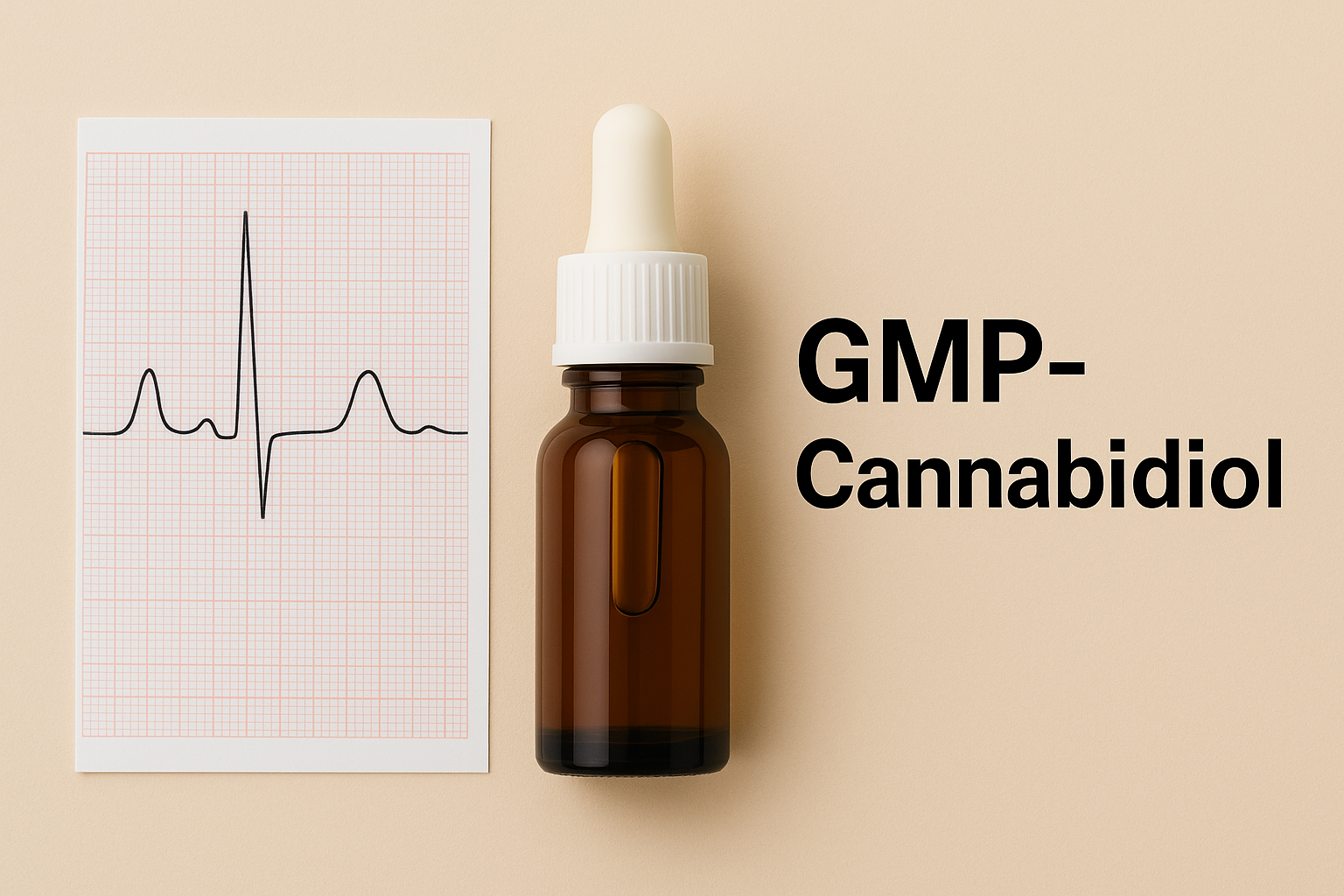
A pharmaceutically manufactured cannabidiol (CBD) formulation demonstrated a favorable cardiac safety profile in a prospective, placebo-controlled trial involving patients hospitalized with non-critical COVID-19 and at high risk for cardiovascular events. The findings were presented at the Heart Failure 2025 congress of the European Society of Cardiology (ESC) on 17 May 2025 in Belgrade, Serbia.
Cannabidiol, distinct from cannabis due to its lack of psychotropic effects, has previously shown potential benefits in models of myocarditis and pericarditis by inhibiting inflammasome pathway activation—an intracellular process implicated in the development of inflammatory heart conditions and heart failure.
The trial, co-led by Dr. Leslie Cooper from the Mayo Clinic (USA), targeted adult patients with pre-existing cardiovascular disease (CVD) or risk factors who were hospitalized for COVID-19. Participants were randomized to receive a GMP-grade cannabidiol formulation (up to 7.5 mg/kg twice daily or the maximum tolerated dose) or a placebo. The primary safety assessment covered adverse events (AEs) and serious adverse events (SAEs) over a 60-day post-randomization period.
Recruitment ceased early due to the waning of COVID-19 hospitalizations, yielding a final safety cohort of 89 patients (mean age: 61; 43% women). Of these, 45 received GMP-CBD and 44 received placebo. The overall incidence of AEs and SAEs was comparable between the two groups: treatment-related AEs occurred in 24.4% of the GMP-CBD group and 22.7% of the placebo group; SAEs were recorded in 11.1% and 9.1%, respectively. No deaths occurred in the GMP-CBD group, whereas two deaths due to respiratory failure were reported in the placebo group.
Cardiac side effects were reported in 9% of patients in both groups, and ECG monitoring revealed minimal changes in QTc intervals. Only one GMP-CBD patient developed mild QTc prolongation.
Dr. Cooper emphasized that the cannabidiol formulation was well tolerated and had a cardiac safety profile comparable to placebo. These findings support further investigation in larger trials, including the phase II ARCHER study in acute myocarditis (reporting later in 2025) and the phase III MAVERIC trial for recurrent pericarditis (expected in 2026).

